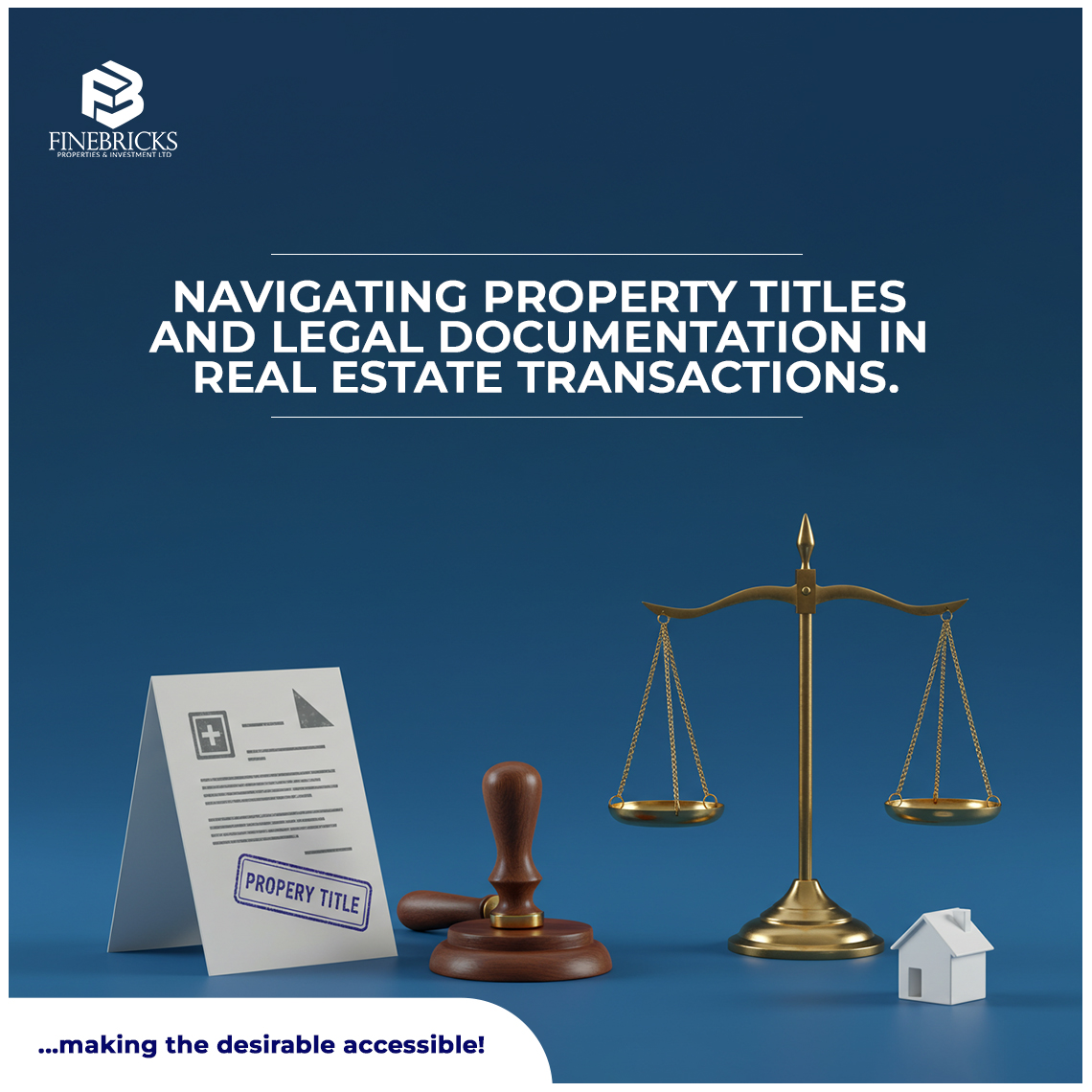
When purchasing a property, buyers are often focused on the price of the home, the mortgage, and closing costs. However, there are several other important charges involved in the transaction one of which is the documentation fee.
This fee, though often overlooked, plays a crucial role in the legal and administrative side of the homebuying process. In this post, we’ll explain what documentation fees are, why they’re necessary, what they typically cover, and how they differ from other real estate-related charges.
- What Is a Documentation Fee?
A documentation fee often simply called a “doc fee” is a charge that covers the preparation, processing, and filing of legal documents related to the real estate transaction. This may include contracts, deeds, transfer documents, title paperwork, and any other administrative filings required to complete the property transfer.
- Who Charges the Documentation Fee?
The documentation fee may be charged by one or more of the following parties, depending on your country or region:
• Real estate agencies
• Legal representatives or solicitors
• Property developers (for new builds)
• Mortgage lenders
• Government or land registration offices
It’s important to ask upfront who is charging the fee and what specific services it includes.
- What Does the Documentation Fee Typically Cover?
The exact services covered can vary, but typically include:
• Drafting of the sale agreement or contract of sale
• Preparation of deed/title transfer documents
• Coordination with legal representatives or notaries
• Filing of documents with relevant government or registry offices
• Administrative and compliance checks
• Archiving and record-keeping of official transaction paperwork
For buyers working with a developer, it may also include processing of development levy payments, allocation letters, and title deed registration.
- How Much Is the Documentation Fee?
The cost of documentation fees varies by region, type of property, and level of legal involvement. It could be a fixed amount or calculated as a percentage of the property value (e.g., 1%–2%).
Always request a breakdown in writing so you understand exactly what you’re paying for. Reputable agents and legal representatives will be transparent about all charges.
- Documentation Fees vs. Legal Fees: What’s the Difference?
This is a common area of confusion. While documentation fees and legal fees sometimes overlap, they’re not always the same:
• Documentation fees cover the administrative side the drafting and filing of paperwork.
• Legal fees refer to the professional services of a solicitor or lawyer representing you in the transaction, offering legal advice, conducting due diligence, or helping resolve title issues.
Some agencies or developers bundle these into one, but it’s good to ask for itemization.
- Are Documentation Fees Negotiable?
In some cases, yes especially if you’re buying multiple units from a developer or working with an independent seller. However, for government-regulated charges or highly formalized processes (such as land registry filing), these fees may be non-negotiable.
It’s worth asking your agent or legal advisor what portions (if any) are flexible.
- Why It’s Important to Understand This Fee
Hidden costs or surprise charges at closing can be stressful and frustrating. Understanding the purpose and scope of documentation fees:
• Helps you budget accurately
• Ensures transparency in your transaction
• Protects you from being overcharged or misinformed
• Strengthens your trust in your real estate professionals
Documentation fees are a standard part of any property purchase, and understanding them is key to avoiding confusion and unnecessary financial surprises. While they might seem like just another line item on your invoice, these fees play an important role in ensuring your transaction is legal, secure, and properly recorded.
Our fast selling properties are:
- IBBY’S RESIDENCE – HITECH ROAD BESIDE LBS, LAGOS
- IBBY’S MALL – HITECH ROAD BESIDE LBS, LAGOS
- NOBLESVILLE – NOBLESVILLE, TOLL-GATE IBADAN, ALONG LEAD CITY UNIVERSITY SECOND GATE



